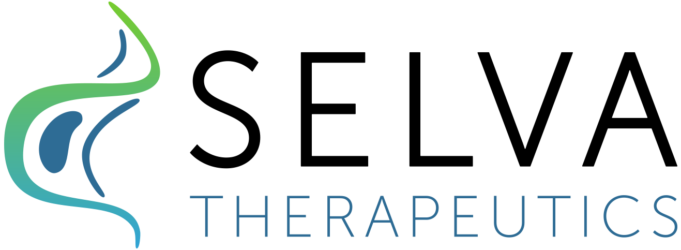By blocking human enzyme cathepsin L, chemical inhibitor K777 reduces coronavirus’ ability to infect cell lines; clinical trials are underway
James McKerrow, MD, PhD, dean of the Skaggs School of Pharmacy and Pharmaceutical Sciences at University of California San Diego, has long studied neglected tropical diseases — chronic and disabling parasitic infections that primarily affect poor and underserved communities in developing nations. They’re called “neglected” because there is little financial incentive for pharmaceutical companies to develop therapies for them.
One of these neglected diseases is Chagas disease, the leading cause of heart failure in Latin America, which is spread by “kissing bugs” carrying the parasite Trypanosoma cruzi. These parasites produce an enzyme called cruzain that helps them replicate and evade the human immune system. McKerrow’s research team looks for inhibitors of cruzain — small molecules that might form the basis for new anti-parasitic medicines. One particularly effective cruzain inhibitor is called K777.
Then, in the spring of 2020, the COVID-19 pandemic began to sweep through the United States. Researchers quickly reported that SARS-CoV-2, the coronavirus that causes COVID-19, can’t dock on and infect human cells unless a human enzyme called cathepsin L cleaves the virus’ spike protein.
And it just so happens that cathepsin L looks and acts a lot like cruzain.
In a study published March 31, 2021 by ACS Chemical Biology, McKerrow and team show that low concentrations of K777 inhibit cathepsin L can reduce SARS-CoV-2’s ability to infect four host cell lines, without harming the cells.
Read more on UC San Diego’s News.
Learn more about Selva’s cathepsin L inhibitor, SLV213, currently in clinical trials.
